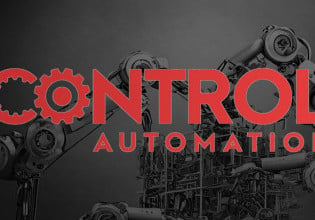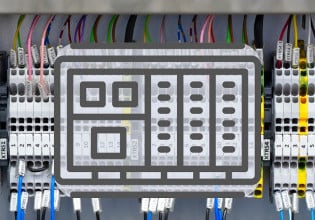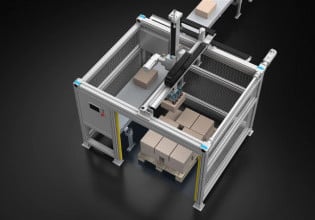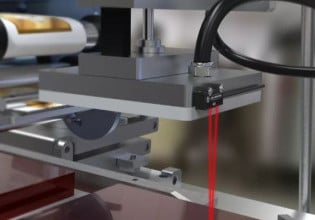H
We have a fabricator to whom we have paid millions of dollars who refuses to turn over any logic diagrams, ladder logic, HMI, etc. claiming it to be proprietary. Is it even safe to start up PLC-controlled equipment without this logic being understood?
I am interested in everyone's views on this subject.
I am interested in everyone's views on this subject.






